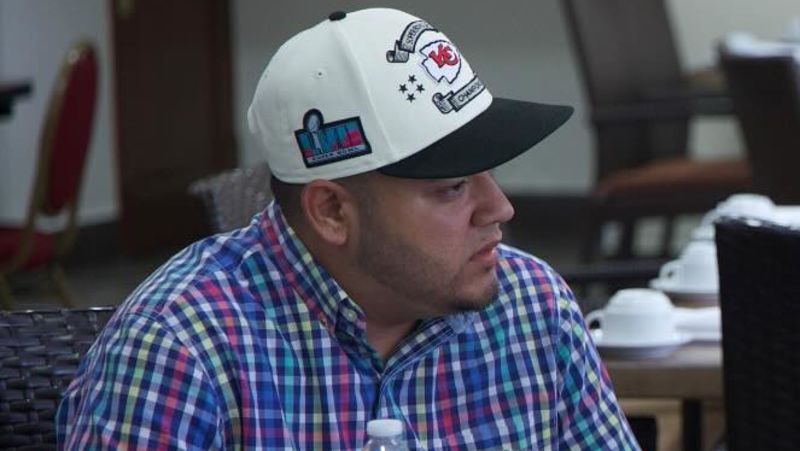In a significant legal development, attorneys representing Kilmar Abrego Garcia are requesting that a federal judge dismiss the human smuggling charges against him. They argue that these charges are the result of a retaliatory action by the Justice Department following Abrego Garcia’s challenge against his wrongful deportation to El Salvador earlier in the year. This situation highlights the complex interplay between immigration enforcement and legal rights in the United States.
The legal request was submitted on a Tuesday to U.S. District Judge Waverly Crenshaw in Nashville and comes shortly before Abrego Garcia is anticipated to be released from custody as he awaits trial on the federal charges. This timing is crucial, as it indicates a significant turning point in the case, with the defense seeking to leverage this moment to clear their client’s name.
In their 35-page motion, Abrego Garcia’s legal team accuses the Justice Department, under the administration of former President Donald Trump, of prosecuting their client as a form of retribution. The filing emphasizes that Abrego Garcia, a father of three from Maryland, was wrongfully deported in March, a violation of a prior court order explicitly prohibiting his removal to El Salvador. This assertion underscores the contentious nature of current immigration policies and their impact on individuals who challenge them legally.
“Mr. Abrego responded to the government’s shocking, illegal conduct by filing a lawsuit,” his attorneys noted in the motion. Instead of rectifying their mistake by allowing him to return to the United States, they argue that the government has consistently resisted his efforts at every level of the federal judicial hierarchy. According to his attorneys, Abrego Garcia has won several legal battles against the government, which they say is indicative of a broader attempt by federal officials to punish him for his resilience in seeking justice. They describe this as a fundamental violation of constitutional rights.
The lawyers have requested Judge Crenshaw—an appointee of former President Barack Obama—to dismiss the two criminal charges against Abrego Garcia on the grounds of “selective or vindictive prosecution.” This is a serious allegation that could have long-lasting implications if the court agrees to dismiss the charges, especially given that motions to dismiss on such grounds are notoriously rare and challenging to win. However, the defense argues that this case is uniquely positioned to warrant such a dismissal due to the apparent motivations behind the prosecution.
The motion further asserts that statements made by administration officials, including Trump and Attorney General Pam Bondi, contribute to the narrative that Abrego Garcia’s prosecution serves to justify previous government actions concerning his deportation. Additionally, the timing of the traffic stop that initiated this case—the focus of the federal charges—occurred years before the indictment, which, according to his lawyers, should raise questions about the legitimacy of the prosecution process.
Abrego Garcia’s trial is scheduled to commence in January 2026, marking a significant moment for both him and the broader immigration context in the U.S. Last month, Judge Crenshaw refused to overturn a decision by a separate judge that allowed Abrego Garcia to remain free while waiting for his trial. Nevertheless, he remains incarcerated due to a magistrate judge’s temporary stay of his release order, which is expected to conclude imminently.
Simultaneously, a federal judge in Maryland overseeing Abrego Garcia’s lawsuit to return from El Salvador has issued a ruling aimed at barring the federal government from swiftly deporting him again upon his release from criminal custody. U.S. District Judge Paula Xinis, also appointed by President Obama, made this determination to restore Abrego Garcia to the immigration status he held before his deportation and protect his due process rights. This ruling reflects ongoing tensions surrounding deportation practices and the rights of individuals in these cases.
The culmination of these factors highlights a significant chapter in the continuing discourse on immigration, legal rights, and governmental response, illustrating a situation fraught with complexity and high stakes for those involved.











